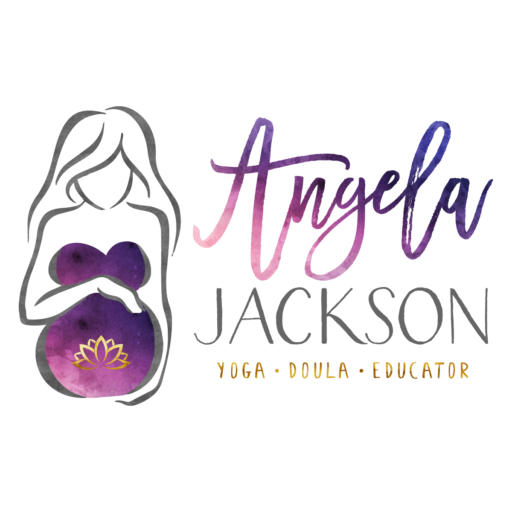Those last few weeks of pregnancy are tough. Physically, your belly has grown larger than you ever thought imaginable. Isn’t it amazing that your child has been growing in there, and your body supporting him? Emotionally most women are just done and want labour to start. Endless questions from family, friends and strangers asking “when […]
5 things to do before labour begins







